Our learning community is always growing. Here are just a few of the sources we turn to for views from across the spectrum of perspectives & opinions.
The Cascade Institute
The Cascade Institute is a Canadian research center that addresses the full range of humanity’s converging environmental, economic, political, technological, and health crises. Using advanced methods to map and model complex global systems, we identify and help implement high-leverage interventions that could rapidly shift humanity’s course towards fair and sustainable prosperity.
“Data viz meets hope. Cascade’s visualizations are stunning and compelling—and solution-oriented.”
The Centre for the Study of Existential Risk
An interdisciplinary research centre within the University of Cambridge dedicated to the study and mitigation of existential risks. Now is an important time for efforts to reduce existential risk. There are new and largely unstudied risks associated with powerful emerging technologies and the impacts of human activity, which in the worst case might pose existential risks. We want to reap the enormous benefits of technological progress while safely navigating these catastrophic pitfalls. These threaten everyone – we can only tackle them together.
Dark Mountain Project
Together, we are walking away from the stories that our societies like to tell themselves, the stories that prevent us seeing clearly the extent of the ecological, social and cultural unraveling that is now underway. We are making art that doesn’t take the centrality of humans for granted. We are tracing the deep cultural roots of the mess the world is in. And we are looking for other stories, ones that can help us make sense of a time of disruption and uncertainty.
Stockholm Resilience Center
Stockholm Resilience Centre (SRC) is an international research centre on resilience and sustainability science. Since its launch in 2007, SRC has developed into a world-leading science centre for addressing the complex challenges facing humanity. The centre is a joint initiative between Stockholm University and the Beijer Institute of Ecological Economics at The Royal Swedish Academy Sciences.
The Institute for the Study of Energy & Our Future
We’ve built a map across domains and timeframes highlighting likely futures and locations for possible interventions. We aren’t prescriptive with ‘one answer’ for upcoming socioeconomic and environmental hurdles but seek to influence a portfolio of ‘top-down’ and ‘bottom-up’ initiatives. Rather than ‘own’ projects, ISEOF prefers to identify a need, plant the seed to germinate, and then allow development and implementation via partners and alliances. With insight, integrity, and kindness, we strive to inform and inspire the thinking and actions of early adopters relating to the ongoing transition to post-growth human societies, institutions, and values.
Post Carbon Institute
PCI is perhaps the premier US center on the global polycrisis. Asher Miller and Richard Heinberg have made PCI and its twin project, Resilience.org, into the best US space for dialogue on the polycrisis. PCI is profoundly knowledgeable not only about the polycrisis but about many of the groups doing the best on the ground work and the best thinking in the field.
Resilience.org
Resilience.org is a project of the Post Carbon Institute. It aims to support building community resilience in a world of multiple emerging challenges: the decline of cheap energy, the depletion of critical resources like water, complex environmental crises like climate change and biodiversity loss, and the social and economic issues which are linked to these. The site could be viewed as a community library with diverse resources on how to build the resilience of your community, your household, or yourself.
Transition Towns
In 2006, the founding of Transition Town Totnes in the United Kingdom inspired other transition towns to form around the world. The Transition Network was founded in 2007. There are groups in the UK, US, Europe and Australia. The transition towns movement has proven among the most vibrant global organizing initiatives. Rob Hopkins, Peter Lipman and Ben Brangwyn were among the founders.
The Liminality Network
The Liminality Network is a global and diverse community of practitioners, thinks, and influences navigating together the unraveling of human and natural systems, and positively contributing to energy realities. They are committed to: a generous and humble sharing of knowledge, and worldviews; deepening understandings of the systemic predicaments posed by the Great Unraveling; and minimizing suffering, building solidarity and social cohesion.







